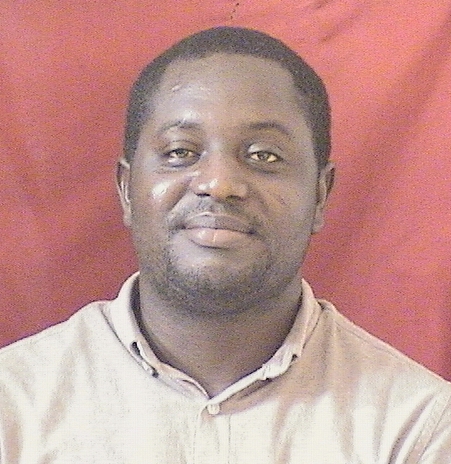Research Projects (Current and Past)
Dr. Sokama-Neuyam is the PI of the The Net-Zero Carbon Emission Lab (NCEL), a specialised research group under the Department of Petroleum Engineering, KNUST. NCEL is focused on conducting research, development, and innovation (RD&I) related to greenhouse gas (GHG) emission assessment, monitoring, and mitigation. The ultimate goal of NCEL is to deliver advanced RD&I solutions for reliable assessment, monitoring, and mitigation of industrial GHG emissions to assist Ghana to develop a data-driven approach to achieve Net-Zero GHG emissions by 2050, in alignment with the Paris Agreement and UN SDG goal 13. The following are some ongoing projects at NCEL.
The Net-Zero Carbon Emission Project (NCEP): In the NCEP project, NCEL is collaborating with Yinson Production West Africa, the Petroleum Commission, New Mexico Tech, USA and Universiti Teknologi PETRONAS, Malaysia to (1) conduct a comprehensive assessment of Greenhouse Gas (GHG) emission in Ghana and harmonize all emission data into a single accessible interactive database and (2) assess the carbon intensity of the local oil and gas industry and propose a plausible mitigation plan to achieve a NetZero industry by 2050. Successful implementation of the project will provide a thorough understanding of the GHG emission dynamics of Ghana, a solid foundation to select and implement effective mitigation techniques and accessibility to GHG emission data for stakeholders to make informed decisions to direct climate initiatives. The project will also provide an overview of the carbon intensity of the local oil and gas industry compared to the global oil and gas industry and a data-driven plan to reduce carbon footprint of the industry to achieve SDG goal 13 and the Paris Agreement. The initial phase of this collaborative project will run for a period of five (5) years. The NCEP project will fund four (4) MPhil research projects and two (2) PhD research projects in the Department of Petroleum Engineering, KNUST, to achieve the objectives. The NCEP project is still open for partnerships and collaborations from all stakeholders.
The CO2 Storage Resource Assessment Project (CO2SRAP). In the CO2SRAP project, NCEL is collaborating with the University of Stavanger, Norway, New Mexico Tech, USA and Universiti Teknologi PETRONAS, Malaysia to conduct qualitative and quantitative assessment of the CO2 storage potential of sedimentary basins in Ghana for eventual deployment of Carbon Capture, Utilization and Storage (CCUS). The overall goal is to identify, screen, score and rank available geological storage resources in Ghana in terms of their CO2 storage prospectivity to develop a preliminary CO2 Storage Resource Database for the country and prepare a knowledge gap score card to direct data mobilization towards a more robust assessment in future. Successful implementation of this project will provide an overview of CO2 storage resources in Ghana, an initial estimate of the total amount of CO2 the country can mitigate through CCUS under current conditions, a preliminary database and the knowledge gaps that must be filled for a more robust assessment. The first phase of the project is expected to run for three (3) years and the project will fund two MPhil and one PhD research projects in the Department of Petroleum Engineering, KNUST, to achieve the objectives and provide a strong foundation towards large scale GHG mitigation through CCUS to fulfil UN SDG Goal 13 and achieve the Paris Agreement of NetZero CO2 emission by 2050. The CO2SRAP project is open to partnerships and collaborations from stakeholders.
The Carbon Capture and Utilization Materials Project (CCUMP). In the CCUMP project, NCEL is collaborating with the Department of Chemical Engineering, Department of Materials Engineering and the Department of Chemistry, KNUST to valorise locally available feedstock to develop advanced sustainable materials for carbon capture and utilisation. The overall goal of the project is to design, produce and deploy specialised materials for CO2 removal. Successful implementation of the project will prepare the country towards eventual deployment of large-scale carbon removal technologies such as Carbon Capture, Utilization and Storage (CCUS) and Direct Air Capture (DAC), reduce Greenhouse Gas (GHG) Emission at scale and achieve UN SDG Goal 13. The CCUMP project will use an interdisciplinary research team with accomplished expertise in advanced material development and characterization, GHG emission assessment and mitigation technology to develop state-of-the-art materials locally for CCUS and DAC application using a machine learning-based optimization process. The project is expected to run for a period of six (6) years where four MPhil and two PhD research projects will be funded in the College of Engineering, KNUST, to achieve the objectives. NCEL is open to partnerships and collaborations from industry partners to fund the CCUMP project.

